Industrial Services & Product Certifications

Third Party Inspection Services
TUV NORD (Thailand) Third Party Inspection and Verification.Services team provides comprehensive services to meet Inspection requirements of its customers.
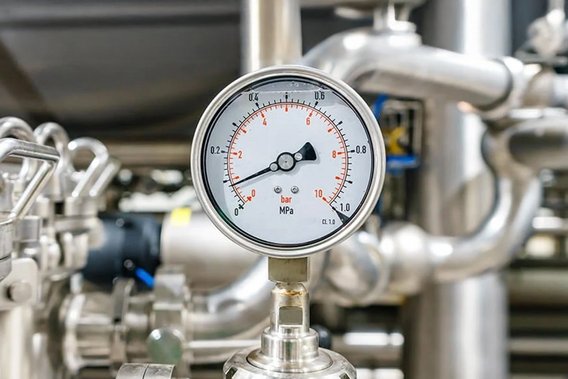
Pressure Equipment - EU Directive (PED)
The Pressure Equipment Directive (PED 2014/68/EU) covers the design, production and conformity assessment of pressure equipment, which have a pressure higher than 0.5 bar.
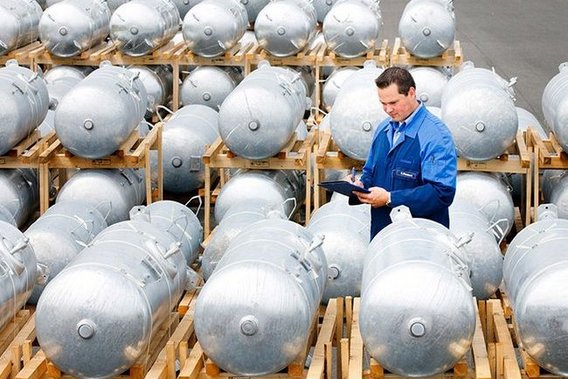
Pressure Equipment - ASME Services
The ASME Code regulates the requirements for manufacturer certification, quality assurance, design, material selection, production, testing, inspection and certification of steam and heating boilers, pipelines, pressure vessels, valves and fittings and nuclear components.
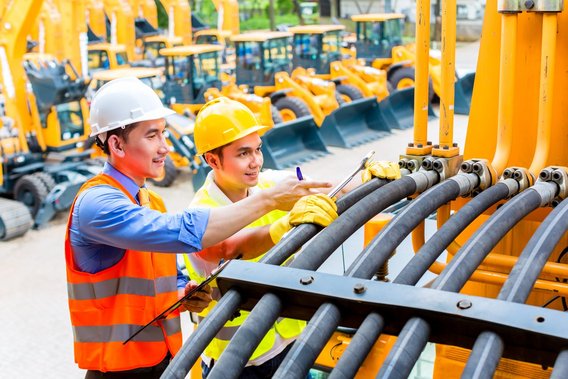
Materials Inspection
Assessment and certification of material, manufacturing and processing methods as well as specifications.
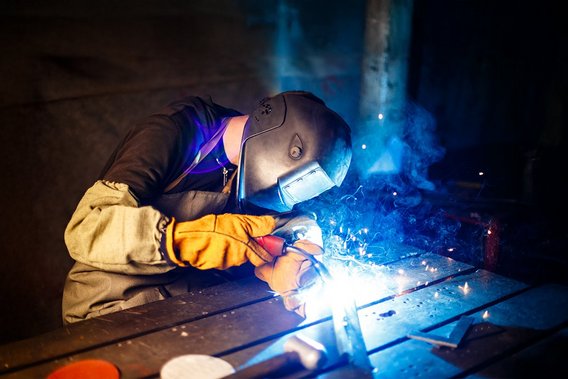
Welding Technology
Welding Technology has already been industrially useful for a long time. Different disciplines have developed, such as MAG, MIG, TIG, MMA, plasma, submerged arc, oxyacetylene and laser welding.
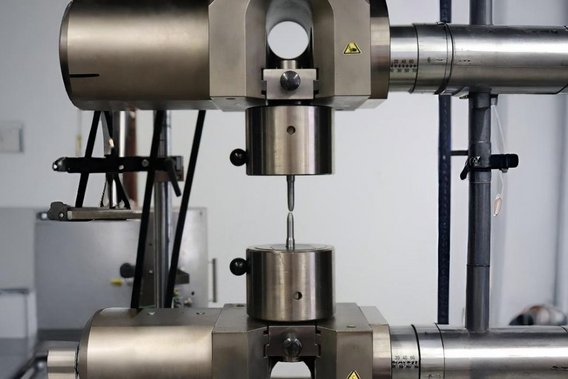
Destructive and Non-Destructive Material
Generally, we differentiate in materials testing two areas: destructive and non-destructive materials testing.
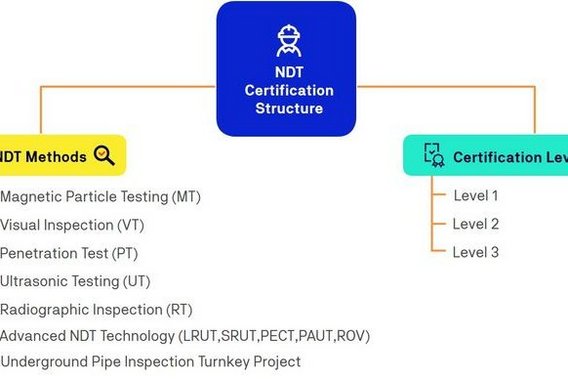
NDT Personnel Certification
Non-destructive testing (NDT) is an essential part of the condition assessment of materials and components. For this reason, various non-destructive testing methods have been developed and are still being continuously refined today (e.g., digital radiographic testing).
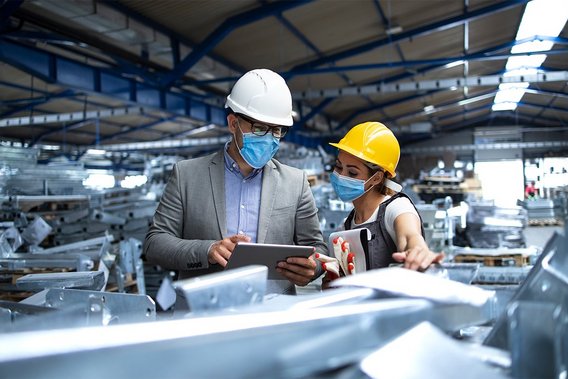
Construction Products
The Construction Products Regulation (CPR), Regulation (EU) No. 305/2011, applies in the EU to the placing on the market of construction products that are permanently incorporated into structures.
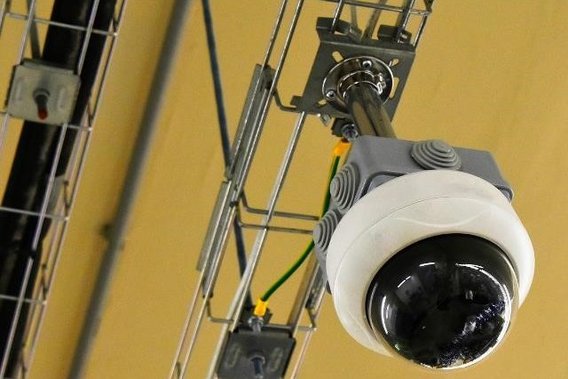
Explosion Protection
Explosion Protection deals with the quality assessment of equipment used in potentially explosive atmospheres or for explosion protection applications.
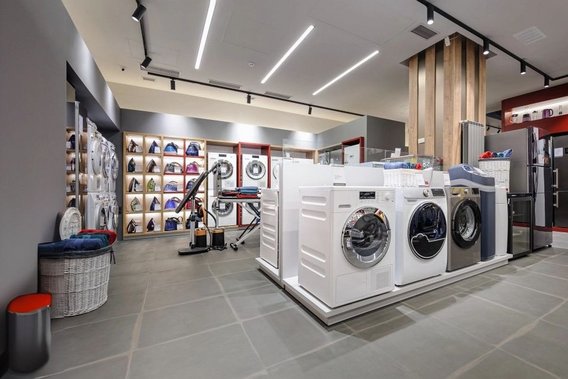
ATEX/ CE
The ATEX mark aims at testing and certifying explosion-proof equipment. TÜV NORD Thailand can issue the following certificates, in co-operation with TÜV NORD in Germany EG prototype test according to Appendix III of the EU guideline 94/9/EG.
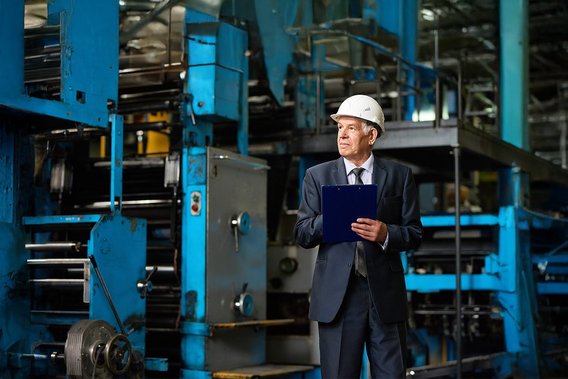
TISI
Products placed in Thailand market need approvals through TISI mark. The product certification schemes of TIS consist of two types with different certification marks.
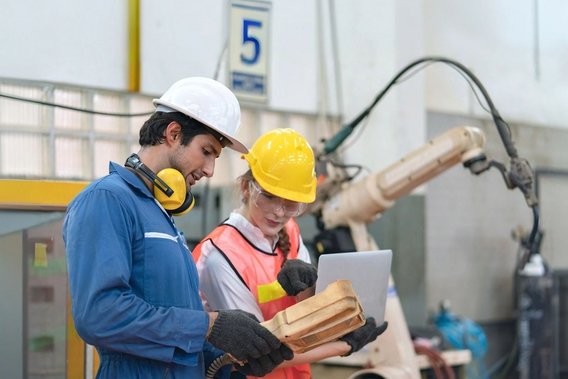
Machinery Safety
We accompany our customers with the directive-compliant placing on the market of machines.
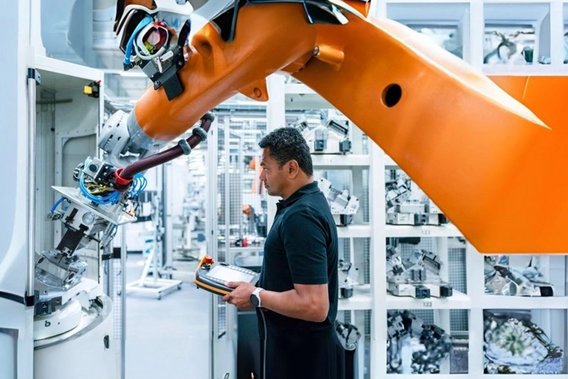
Functional Safety
Functional Safety is an essential component with growing importance in the consideration of the overall safety of a device, plant, train, car or other complex automated system.
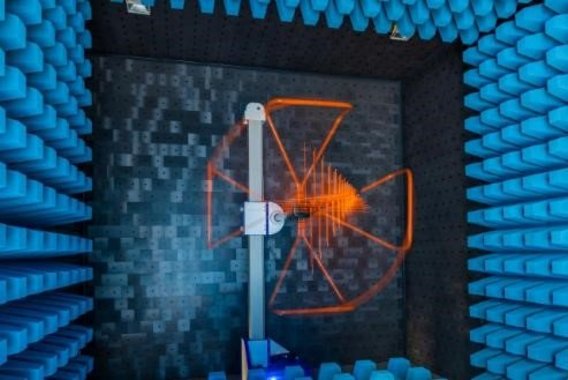
Electromagnetic Compatibility
TÜV NORD is your partner in the product development process. Here, we not only carry out conformity tests, but can also support you during development.
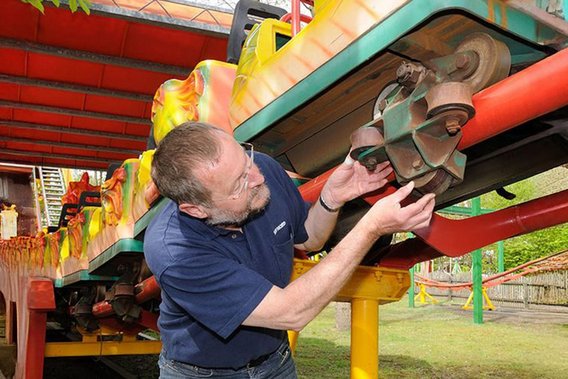
Amusement Park
Higher, faster, ever more spectacular – at the fairground speed is everything, and our job is to make sure the fun and thrills are absolutely safe.
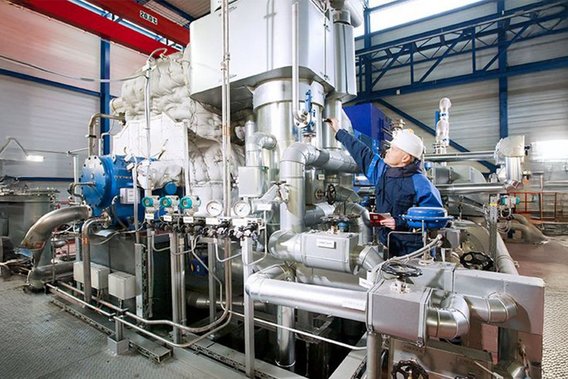
Risk-based Inspection
Risk-based inspection (RBI) is a procedure in which industrial risks resulting from equipment or structural degradation are identified, assessed and categorised.